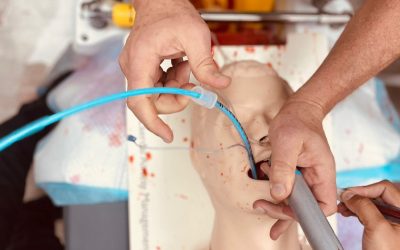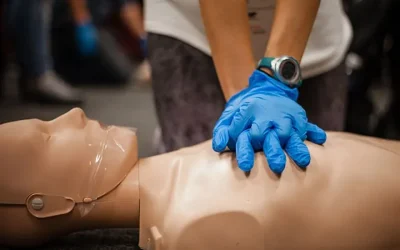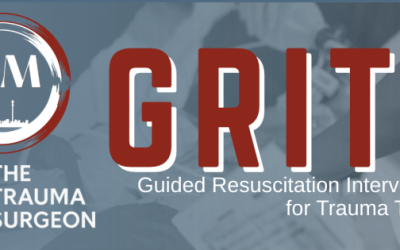We are proud of the successful completion of Project 12: Training of Emergency Care Officers (ECOs) in Limpopo Province — an ambitious and far-reaching training initiative delivered by EPIC EM in collaboration with the Impact Catalyst, funded by the Anglo American Foundation, and implemented with the strong support of the Limpopo Department of Health and District Managers across the province.
Project Overview
Running from July 2024 to March 2025, Project 12 focused on the upskilling of ECOs across all levels of prehospital care, aligning their clinical practice with the 2018 Clinical Practice Guidelines (CPGs) as issued by the HPCSA. These updates are essential for ensuring evidence-based, standardised emergency care in both rural and urban settings.
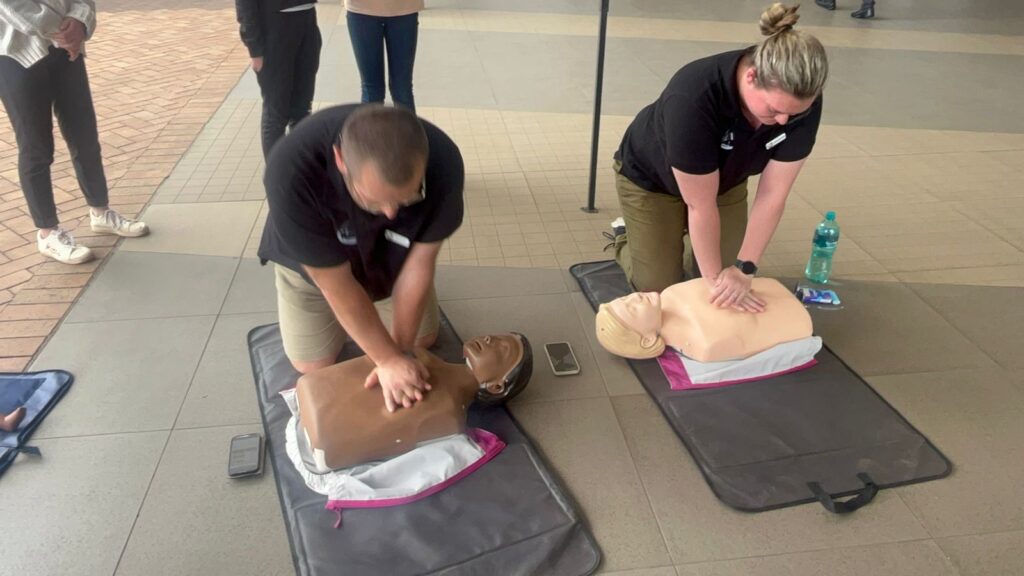
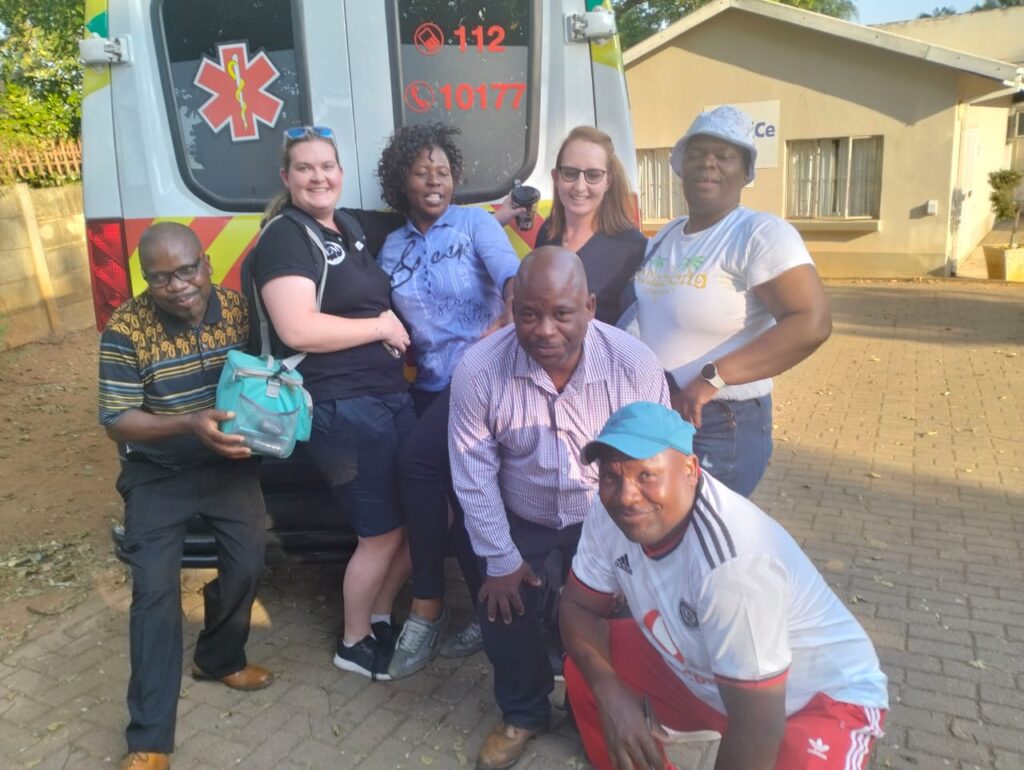
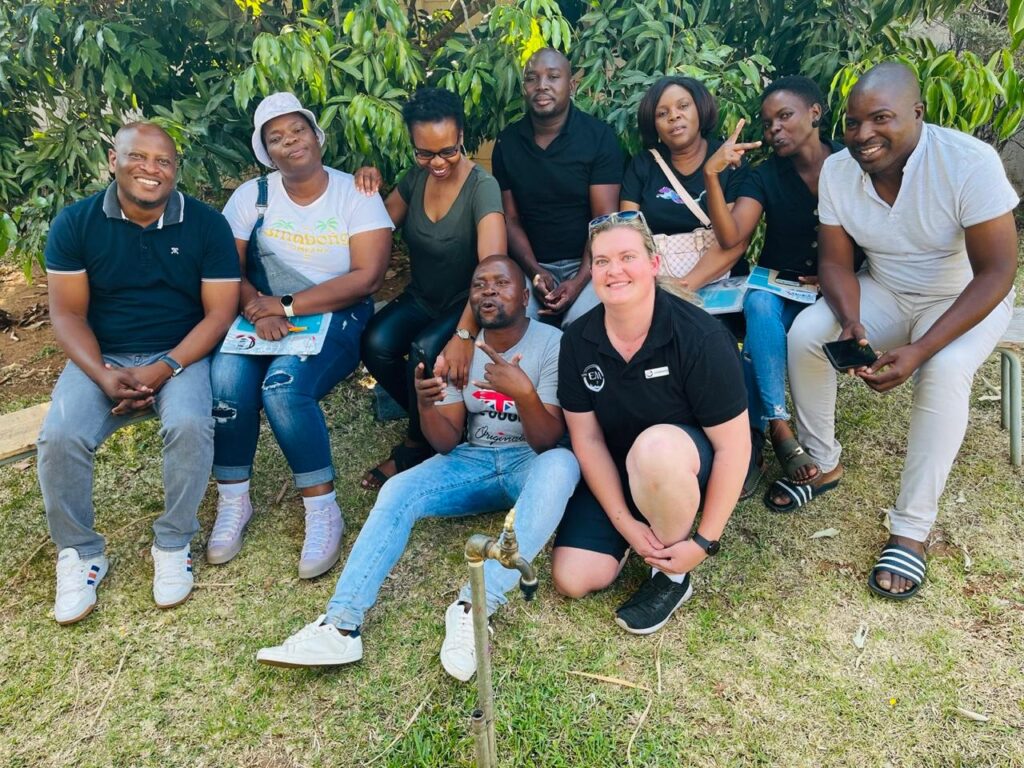
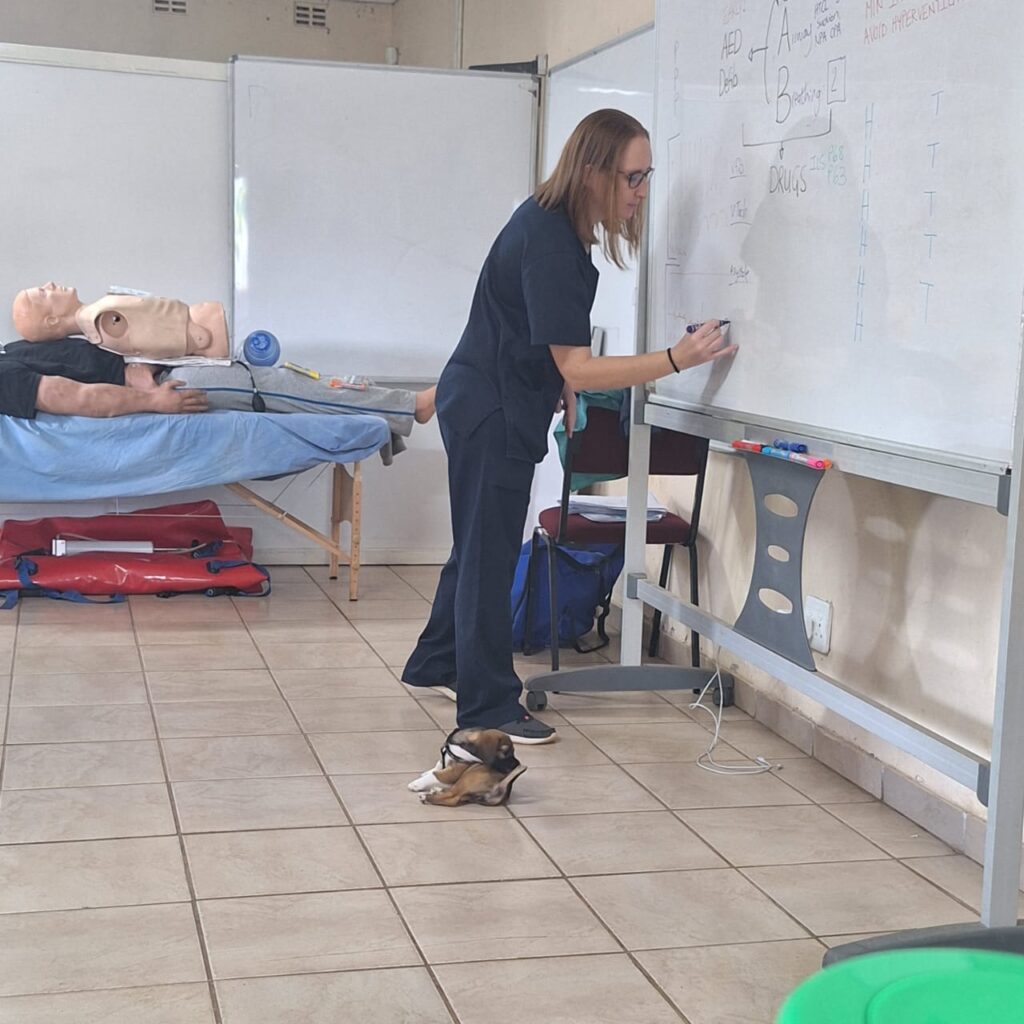
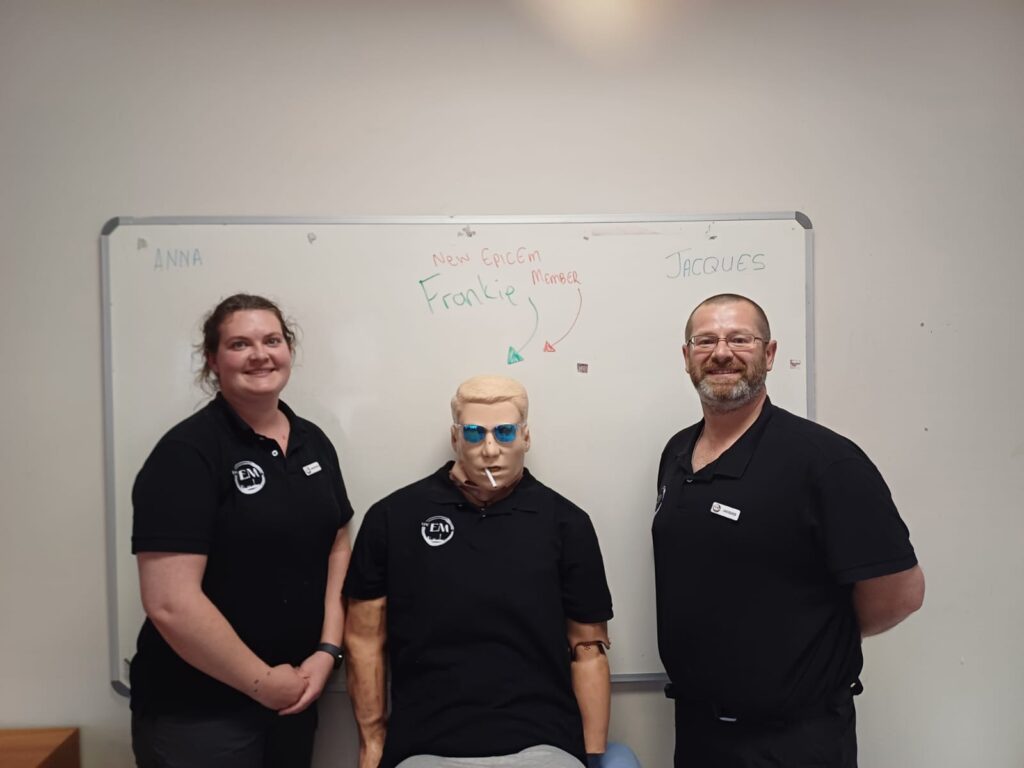
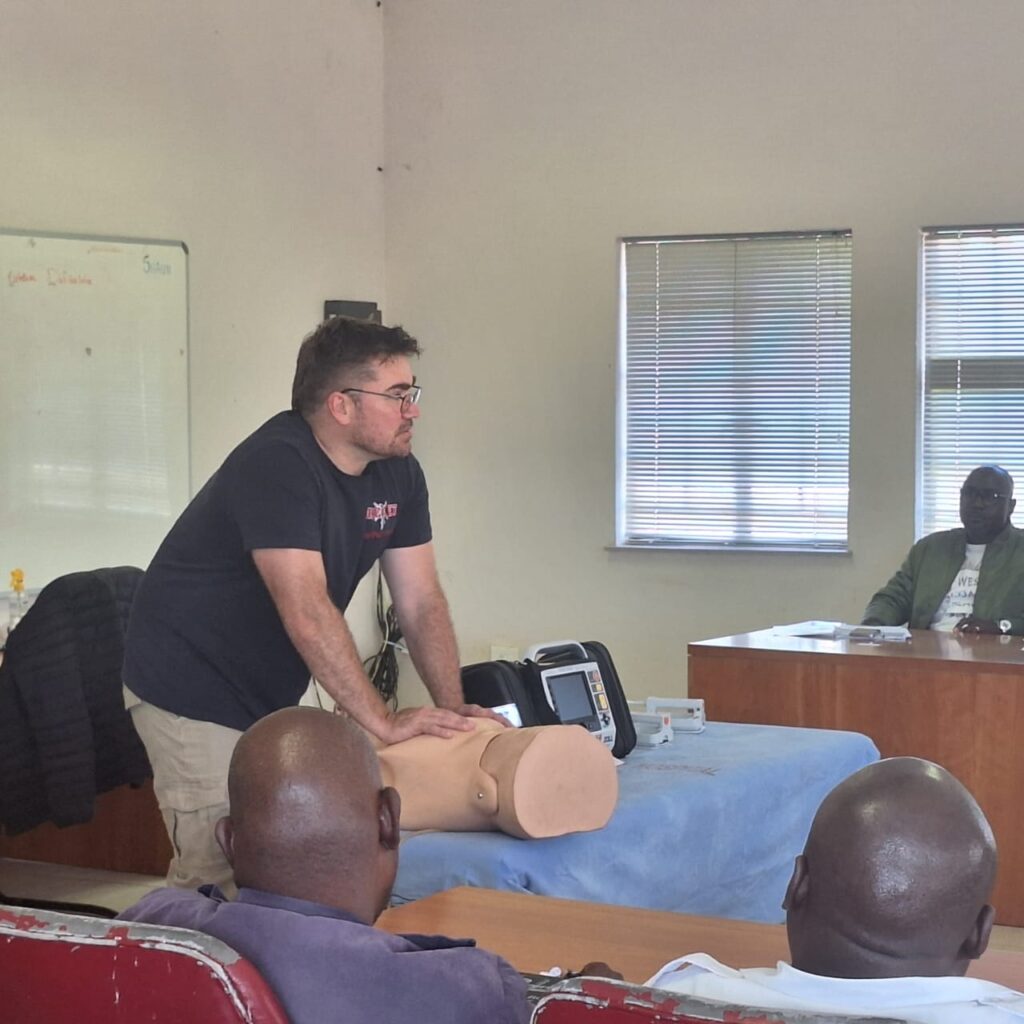
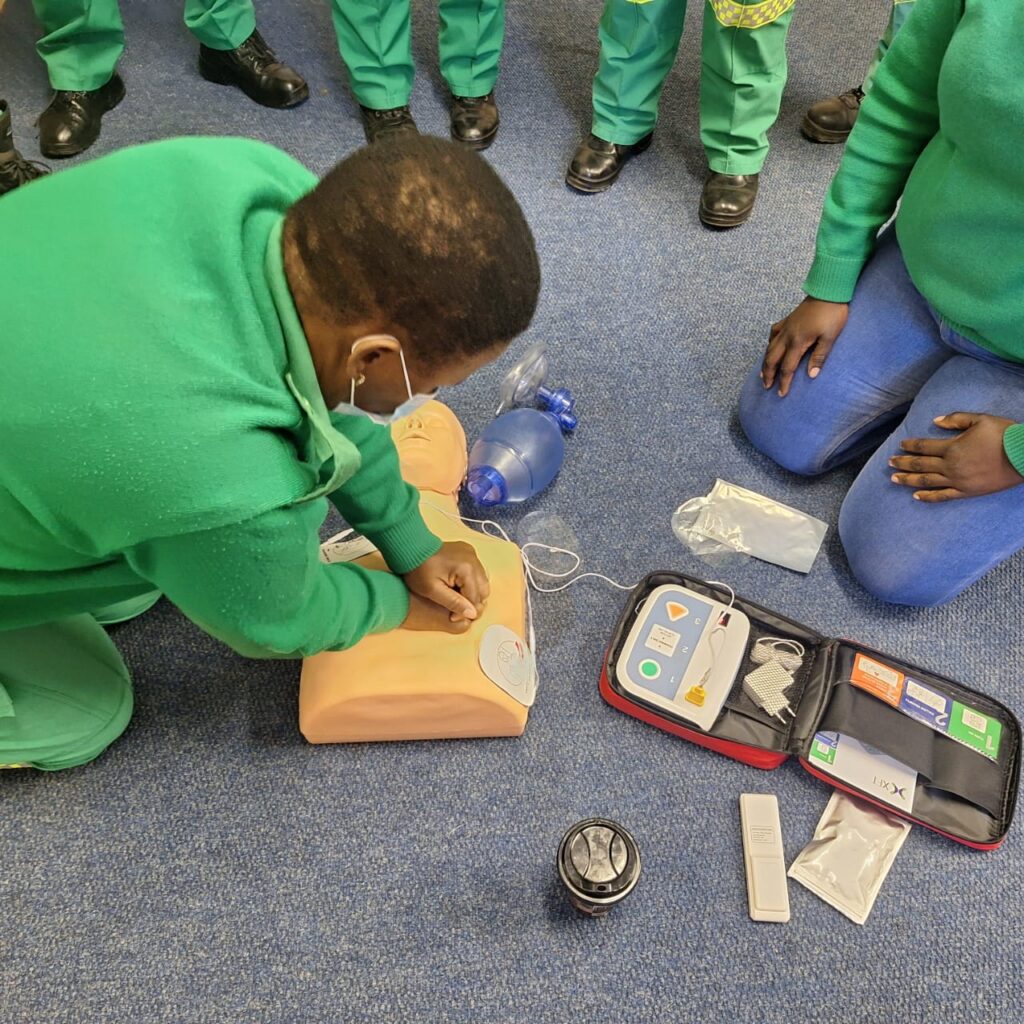
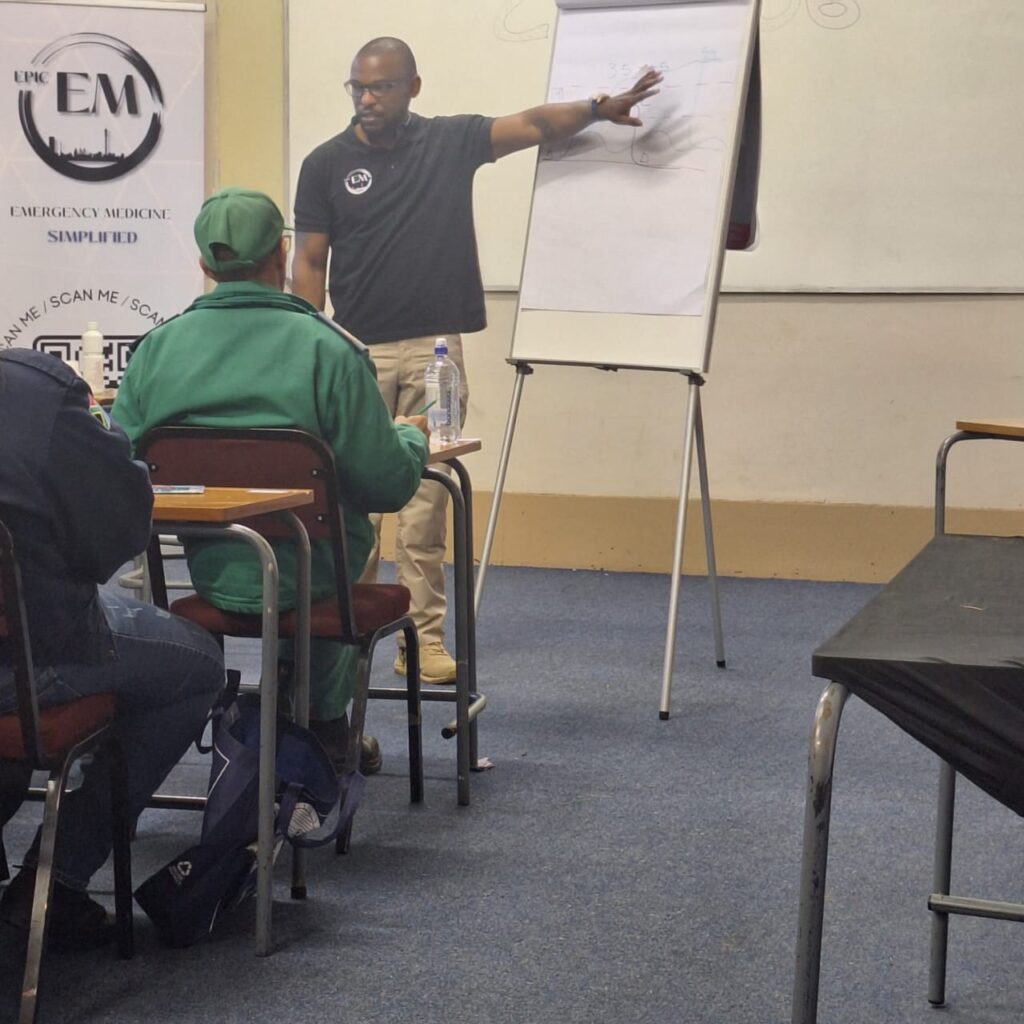
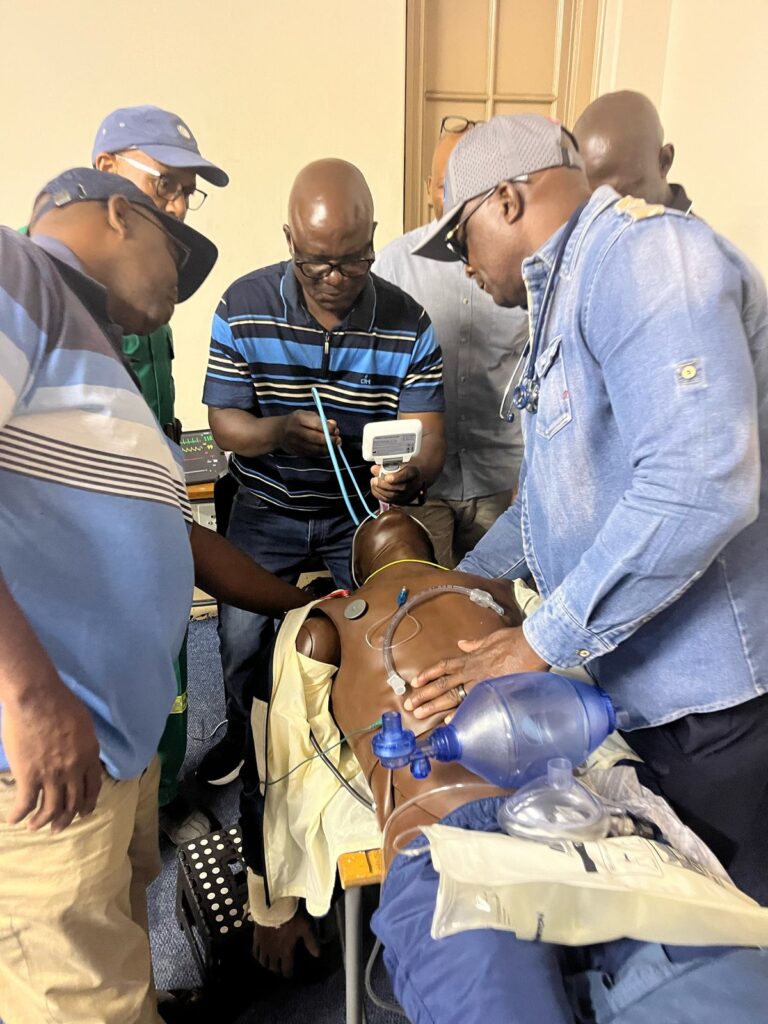
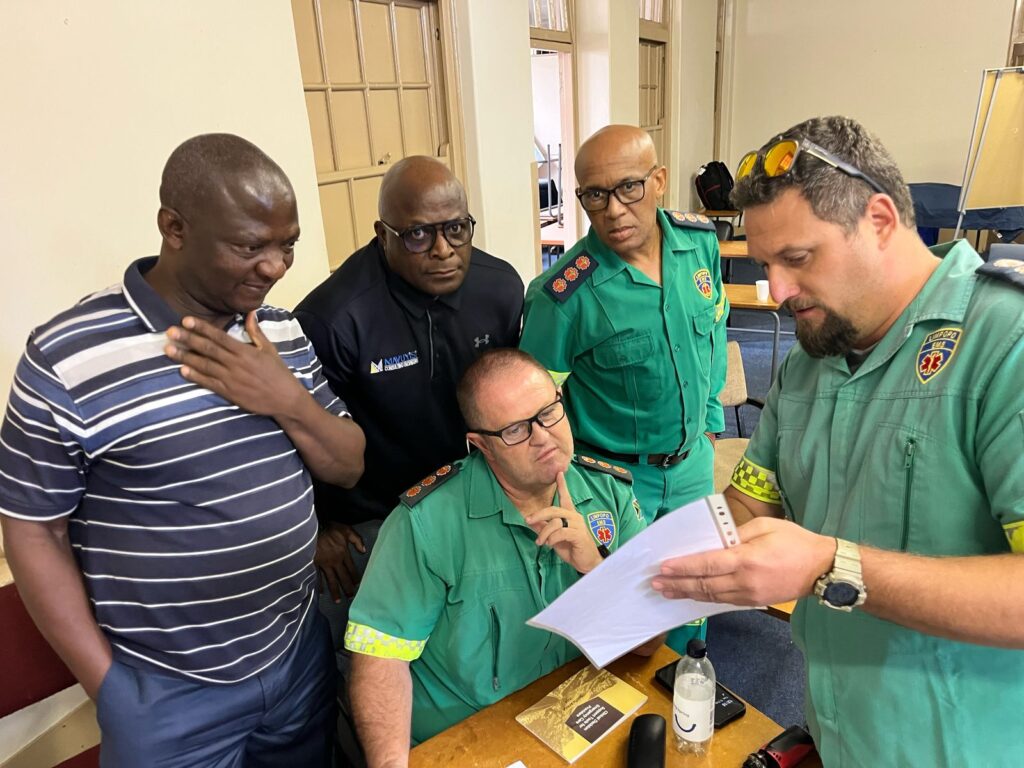
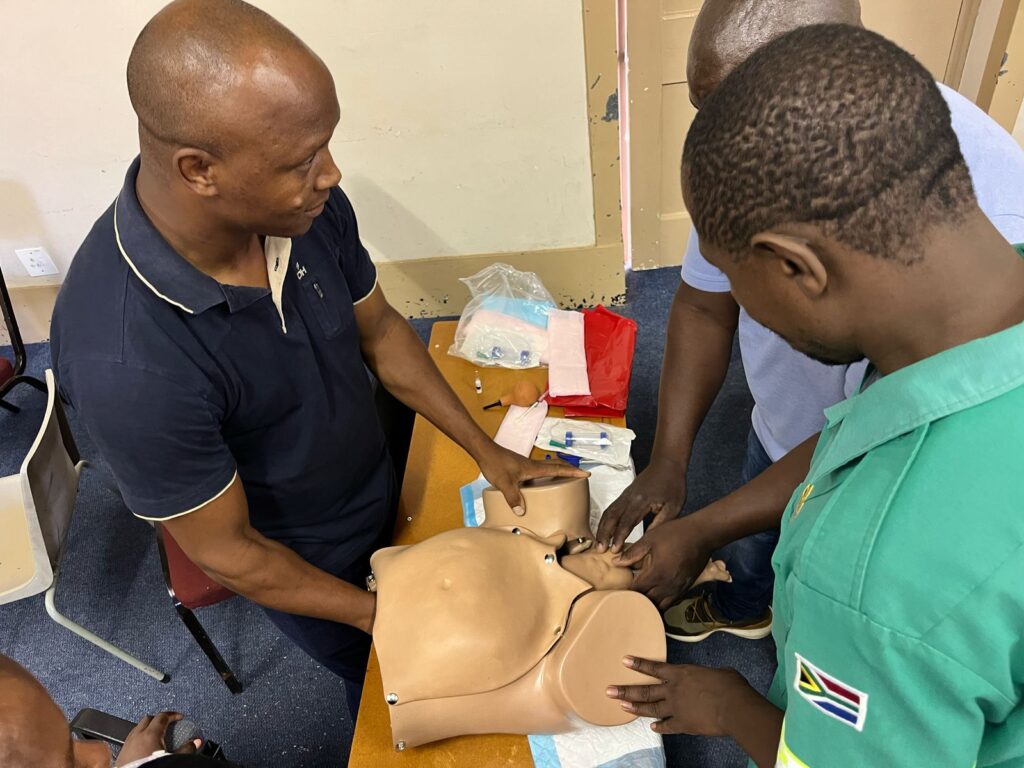
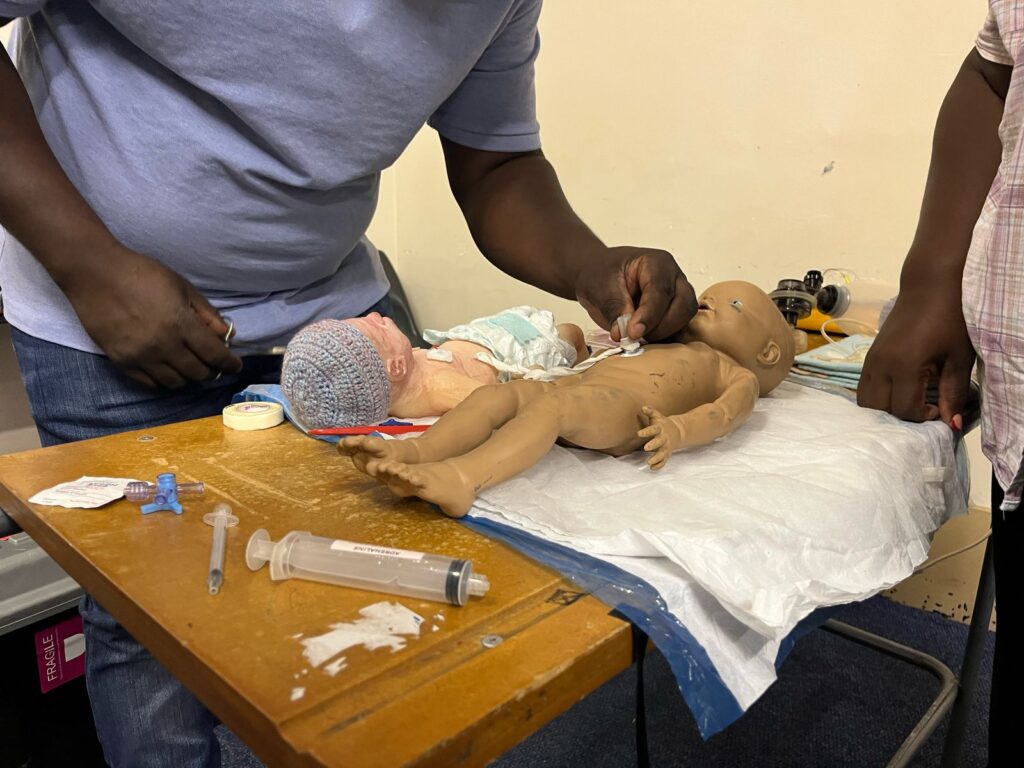
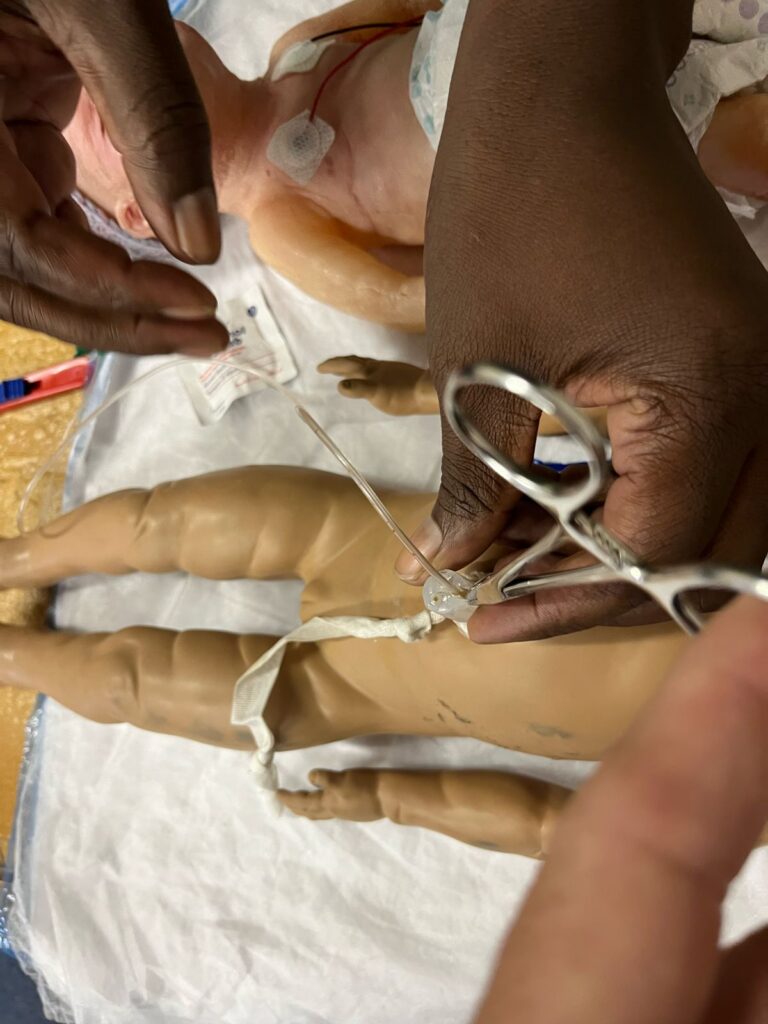
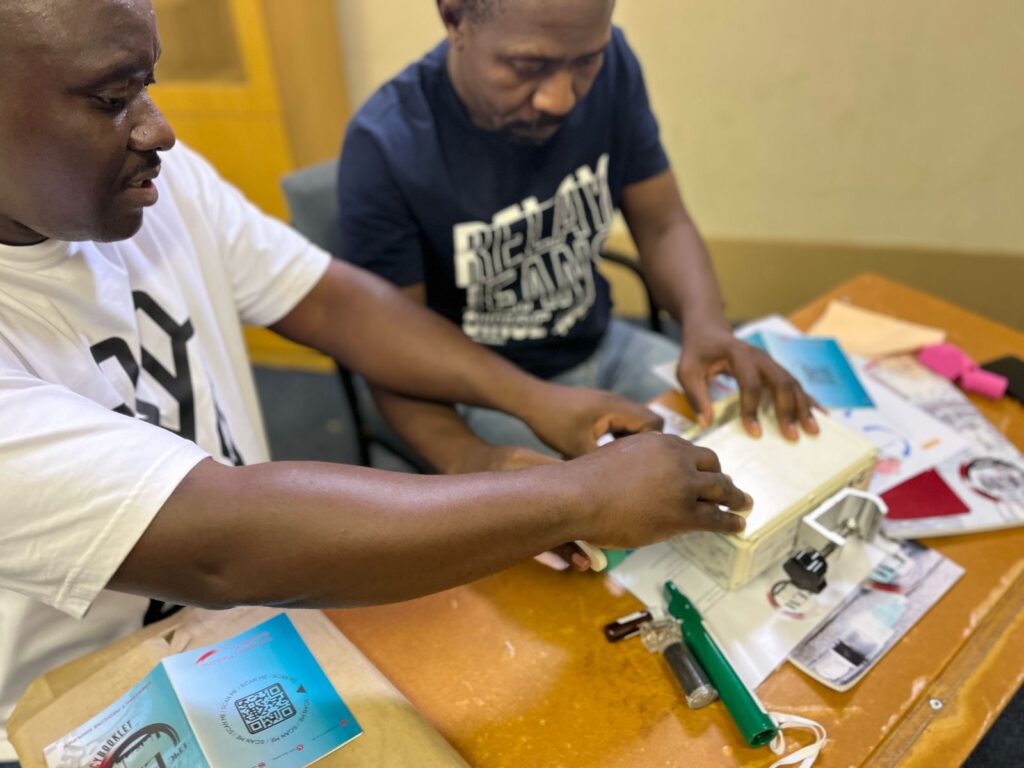
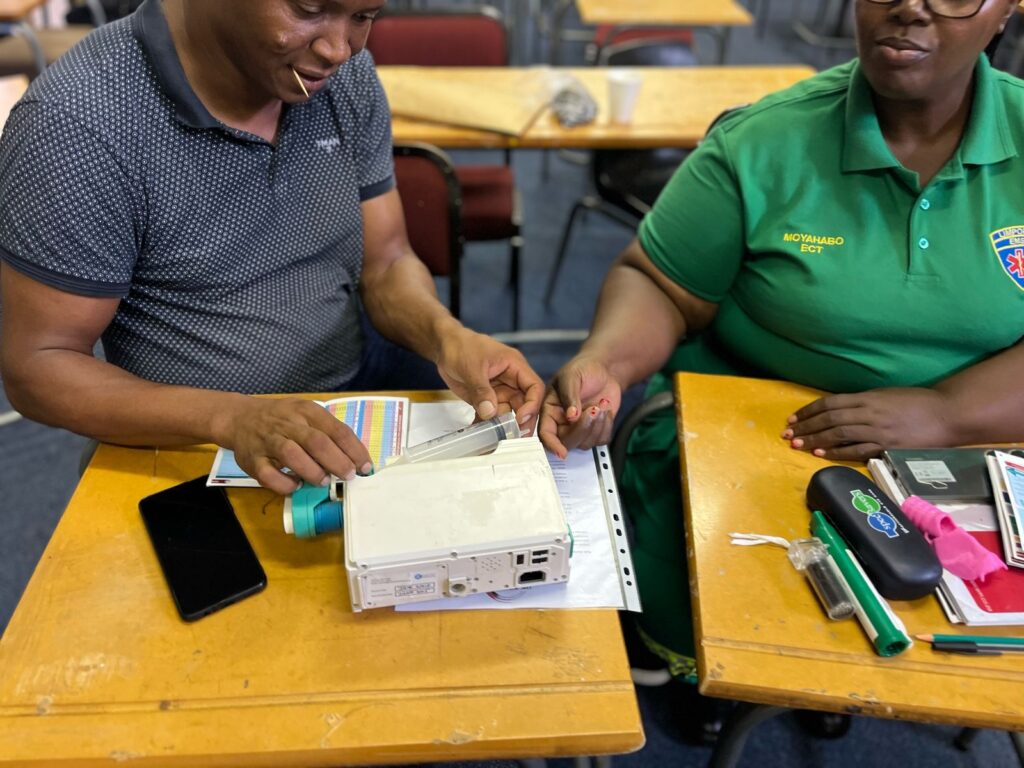
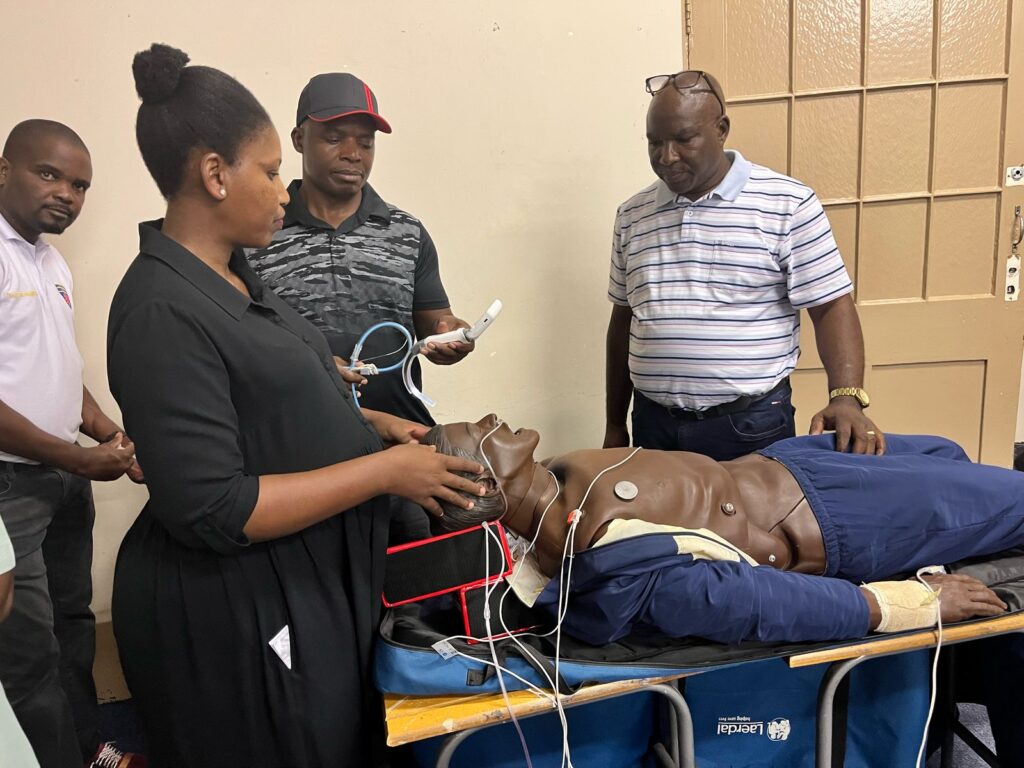
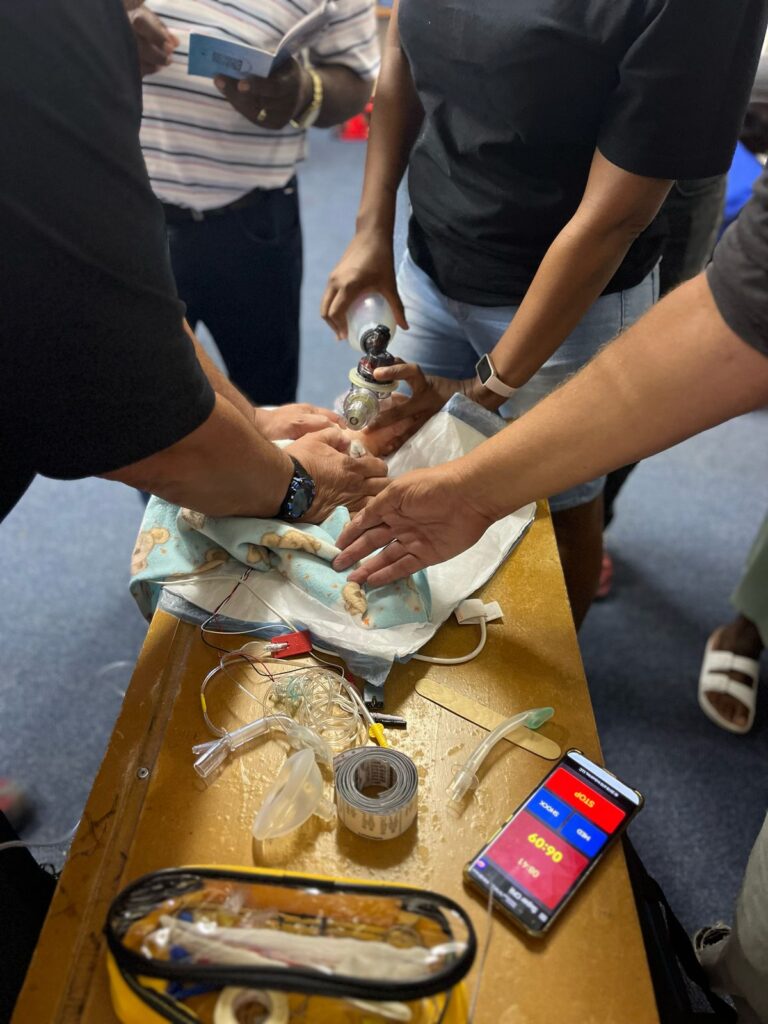
Key Outcomes
- 1,113 Emergency Care Officers trained across all 5 districts
- 77 training sessions delivered at district-level training sites in Capricorn, Mopani, Sekhukhune, Vhembe, and Waterberg
- Competency rate of 99.5% based on OSCEs, written assessments, and simulation performance
- Training covered Basic, Intermediate, and Advanced Life Support levels
- Alignment achieved with nationally endorsed CPG protocols
- The training approach blended pre-course theoretical preparation with high-fidelity, scenario-based practical sessions. Students engaged in hands-on skills stations covering obstetric emergencies, trauma, neonatal resuscitation, airway management, and updated pharmacology including TXA, methoxyflurane, and MgSO₄.
Impact Beyond Numbers
Clinical consistency and protocol adherence were significantly improved across all levels of care.
- Student feedback was overwhelmingly positive, with 98% reporting increased confidence in clinical application.
- Learners described the training as “excellent,” “transformative,” and “deeply relevant to daily EMS challenges.”
- Simulation-based training was cited as the most impactful learning method, reinforcing decision-making under pressure.
- This project demonstrated how investment in training translates directly into improved patient outcomes, stronger clinical decision-making, and a more resilient EMS workforce.
Challenges & Lessons Learned
- Variability in student preparedness and manual distribution highlighted the need for digitised, mobile-accessible content.
- Student absenteeism and venue infrastructure issues stressed the importance of logistics and stakeholder coordination.
- Regular refresher training was widely requested by students and is now recognised as essential for sustained clinical competency.
We are deeply grateful for the collaboration and leadership of the Limpopo Department of Health, the tireless efforts of District EMS Managers, and the frontline practitioners who committed themselves to learning and growth throughout this programme.
A sincere thank you to our funding partner, the Impact Catalyst Limpopo PMO and Anglo American Foundation for their continued support and vision.
This project stands as a milestone in prehospital care transformation, not only elevating individual clinical practice but laying the foundation for broader system strengthening in emergency medical services across South Africa.
